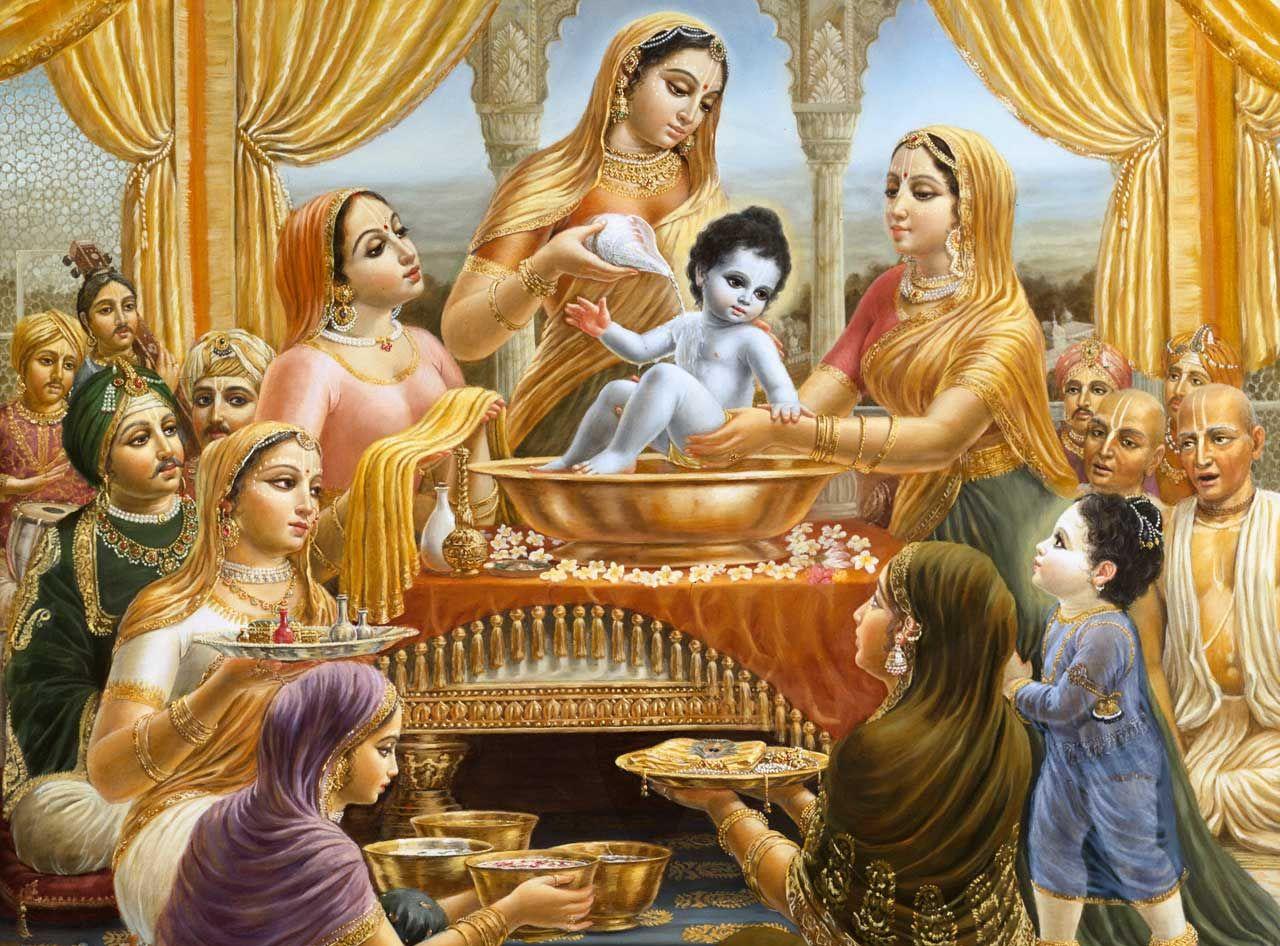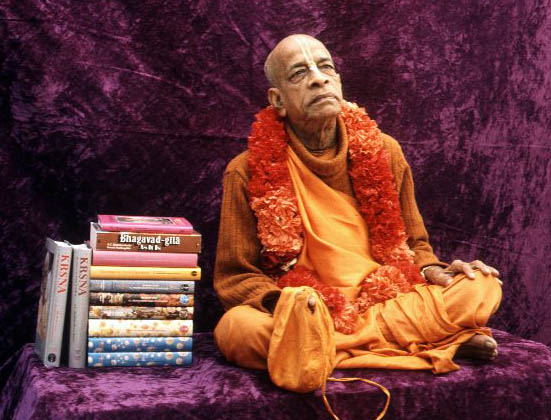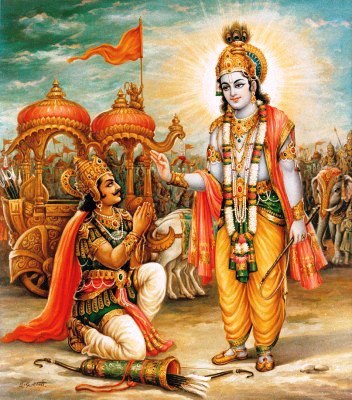This is an older post that originally surfaced on the Sampradaya Sun some years ago, however, for those of you who have not seen this recorded interview, or those of you who like to hear and remember some of the truth that transpired after the departure of Srila Prabhupada in 1977, we again share this important recollection from a senior member of The Hare Krishna Movement.
Gurukrpa: What Really Happened in 1977-78
By Bhakta dasa
Feb 04, INDIA (SUN)
Dear Prabhus: Gurukrpa is here with me and on his behalf I am writing here.
Question: What happened the final months of Srila Prabhupada’s appearance in connection with the process of initiating new devotees?
Gurukrpa: Nothing happened. In the beginning Srila Prabhupada did the diksa, the yajna and the name giving. As the numbers increased, he authorized GBC, and senior sannyasis to pick names and chant on the beads, etc. In 1977 during the months of May, June, July 1977 I was in Vrindaban with Srila Prabhupada, giving him his massage in his bed between 1 AM and mangala aratik. During the day, many letters would arrive. Satsvarupa Swami was the secretary and we decided that only letters that would give joy to Srila Prabhupada would be read. Like numbers of books sold, etc. A maximum of five letters daily were read to Srila Prabhupada.
After some weeks like this, there were stacks and stacks of letters, all relating to initiation. Hundreds of people were panicking that Srila Prabhupada would leave the planet before they were given initiation. At this time, this situation was brought before Srila Prabhupada in his room by Satsvarupa, Tamal, myself, and maybe some others.
Up until this time it was a very simple matter that we were doing the initiations, but we first had to ask permission. Srila Prabhupada NEVER refused any recommendation from his senior men. And personally, I would sometimes argue with some GBC that they were giving it too easily.
At this meeting, Srila Prabhupada basically said, “From here on, if you feel they are ready, then you may give the initiation on my behalf.” I understood this for what it was, simply extending the authority a little further than it had been. Tamal Krsna Swami, began to say, “But who will do it?. Which devotees will do this?” Srila Prabhupada said, “The nearest one will do it. Whoever is closest.” Tamal said, “Can Bhavananda do? Can Jayapataka do?” Thus these eleven names came out.
Question: Why were you not on the list of eleven?
Continue reading →










